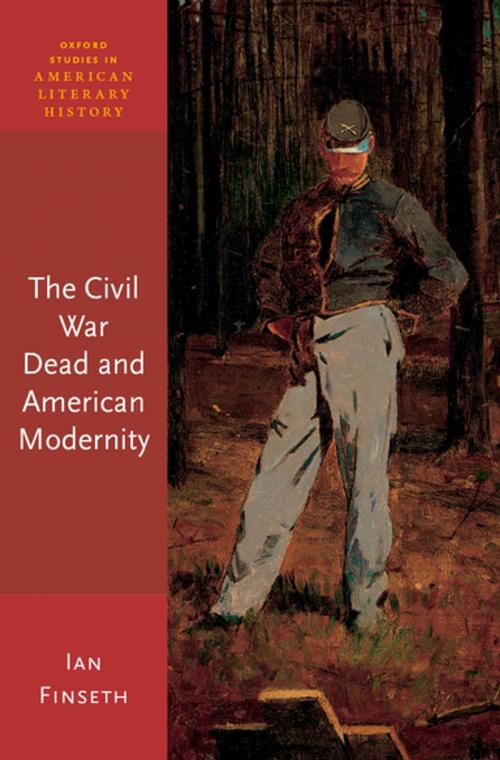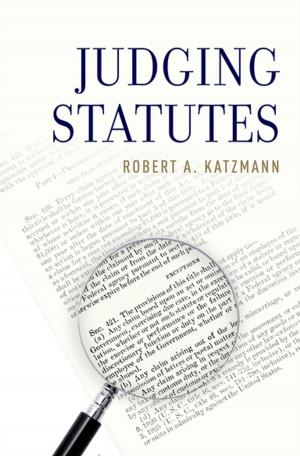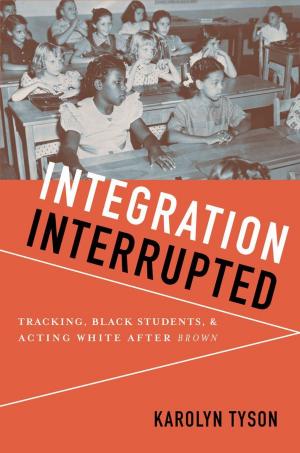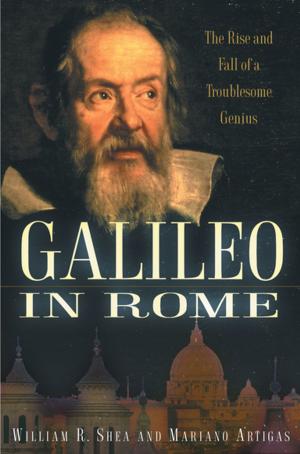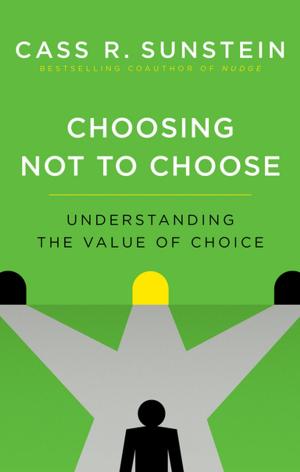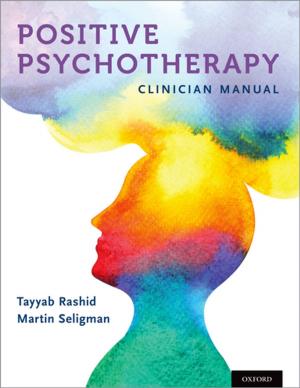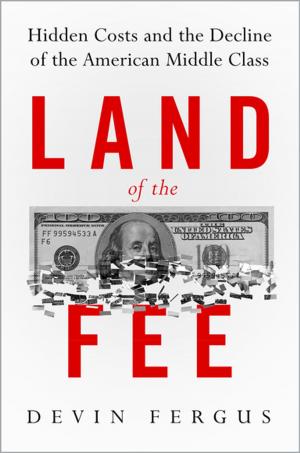The Civil War Dead and American Modernity
Fiction & Literature, Literary Theory & Criticism, American, Nonfiction, History, Americas, United States, Civil War Period (1850-1877)| Author: | Ian Finseth | ISBN: | 9780190848361 |
| Publisher: | Oxford University Press | Publication: | January 2, 2018 |
| Imprint: | Oxford University Press | Language: | English |
| Author: | Ian Finseth |
| ISBN: | 9780190848361 |
| Publisher: | Oxford University Press |
| Publication: | January 2, 2018 |
| Imprint: | Oxford University Press |
| Language: | English |
The Civil War Dead and American Modernity offers a fundamental rethinking of the cultural importance of the American Civil War dead. Tracing their representational afterlife across a massive array of historical, visual, and literary documents from 1861 to 1914, Ian Finseth maintains that the war dead played a central, complex, and paradoxical role in how Americans experienced and understood the modernization of the United States. From eyewitness accounts of battle to photographs and paintings, and from full-dress histories of the war to fictional narratives, Finseth shows that the dead circulated through American cultural life in ways that we have not fully appreciated, and that require an expanded range of interpretive strategies to understand. While individuals grieved and relinquished their own loved ones, the collective Civil War dead, Finseth argues, came to form a kind of symbolic currency that informed Americans' melancholic relationship to their own past. Amid the turbulence of the postbellum era, as the United States embarked decisively upon its technological, geopolitical, and intellectual modernity, the dead provided an illusion of coherence, intelligibility, and continuity in the national self. At the same time, they seemed to represent a traumatic break in history and the loss of a simpler world, and their meanings could never be completely contained by the political discourse that surrounded them. Reconstructing the formal, rhetorical, and ideological strategies by which postwar American society reimagined, and continues to reimagine, the Civil War dead, Finseth also shows that a strain of critical thought was alert to this dynamic from the very years of the war itself. The Civil War Dead and American Modernity is at once a study of the politics of mortality, the disintegration of American Victorianism, and the role of visual and literary art in both forming and undermining social consensus.
The Civil War Dead and American Modernity offers a fundamental rethinking of the cultural importance of the American Civil War dead. Tracing their representational afterlife across a massive array of historical, visual, and literary documents from 1861 to 1914, Ian Finseth maintains that the war dead played a central, complex, and paradoxical role in how Americans experienced and understood the modernization of the United States. From eyewitness accounts of battle to photographs and paintings, and from full-dress histories of the war to fictional narratives, Finseth shows that the dead circulated through American cultural life in ways that we have not fully appreciated, and that require an expanded range of interpretive strategies to understand. While individuals grieved and relinquished their own loved ones, the collective Civil War dead, Finseth argues, came to form a kind of symbolic currency that informed Americans' melancholic relationship to their own past. Amid the turbulence of the postbellum era, as the United States embarked decisively upon its technological, geopolitical, and intellectual modernity, the dead provided an illusion of coherence, intelligibility, and continuity in the national self. At the same time, they seemed to represent a traumatic break in history and the loss of a simpler world, and their meanings could never be completely contained by the political discourse that surrounded them. Reconstructing the formal, rhetorical, and ideological strategies by which postwar American society reimagined, and continues to reimagine, the Civil War dead, Finseth also shows that a strain of critical thought was alert to this dynamic from the very years of the war itself. The Civil War Dead and American Modernity is at once a study of the politics of mortality, the disintegration of American Victorianism, and the role of visual and literary art in both forming and undermining social consensus.
